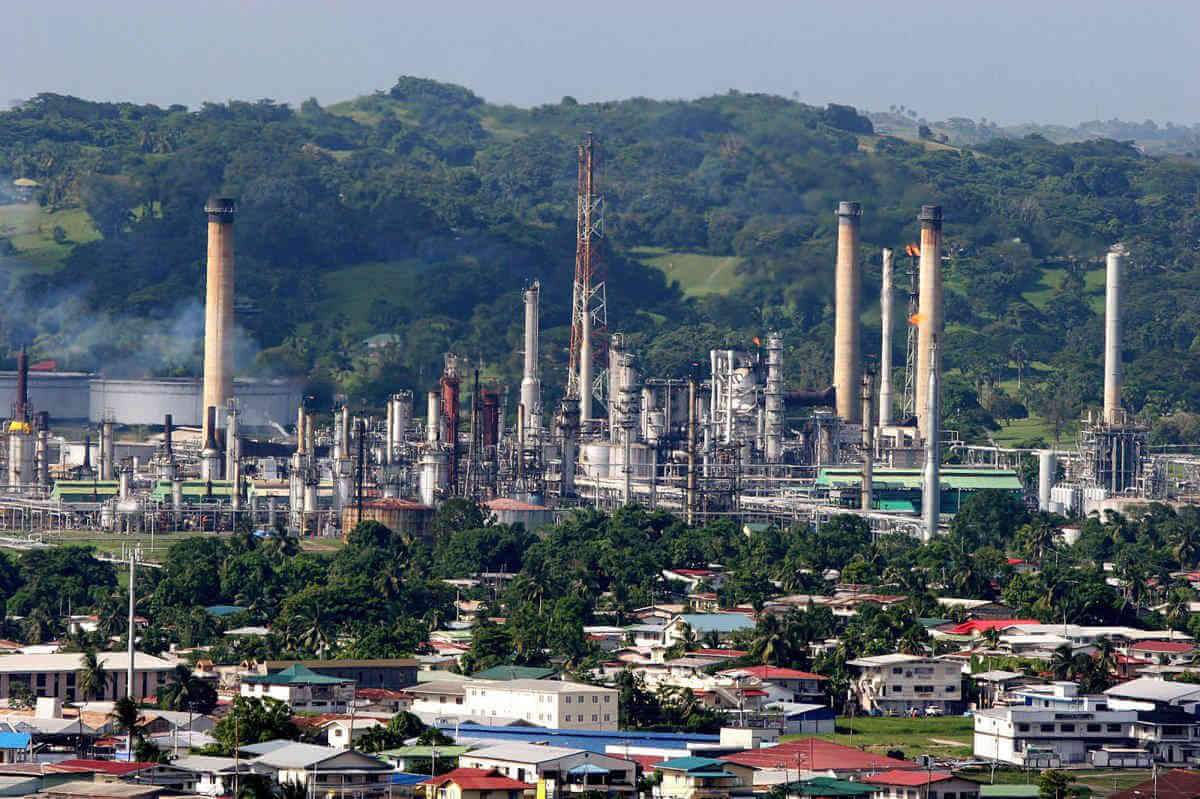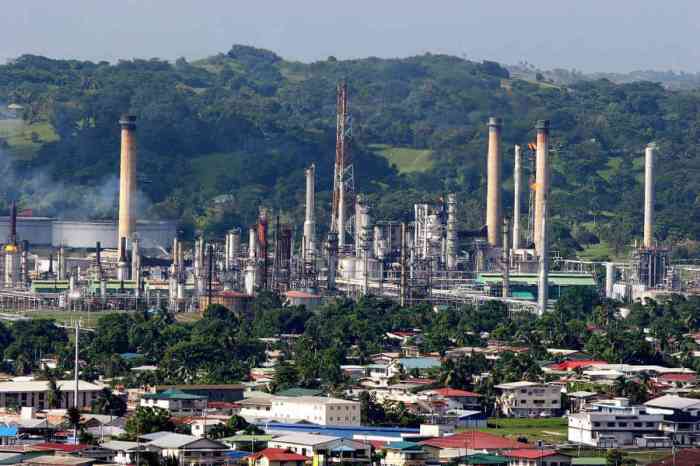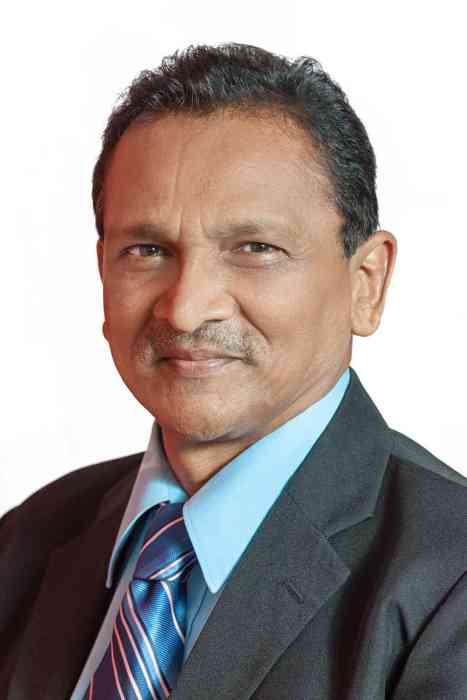The grand predecessors of Dr. Keith Rowley have committed some epic economic blunders.
1. The abrupt truncation of the train economy. This results today in a savage, wasteful and all-consuming internal gas combustion economy, which via the consumption of forex, our health, our ecology, our basic incomes and our time, gridlock and traffic, threatens to take us to hell in a coconut shell.
2. The introduction of a mega-school economy. The senior comprehensives and junior secondaries, shift system schooling, which, when adopted was known to be failing in the UK, trapped students, parents and education administration in an ungovernable mess, detrimental to proper administration and the health and well-being of teachers and the child.
3. The Master Gas Plan of 2001. This neo-Liberal plan failed to correctly assess the gas situation in the Republic, to forecast the 2007 global recession, and wasted millions of dollars in pursuing a series of fourteen heavy gas-based mega industries, four industrial estates, mega-highways. Petrotrin / government capped scores of oil wells for the collapsed Debe to Mon Desir highway.
4. The failure to use the rich assets of Caroni (1975) Ltd. Government failed to use Caroni’s 77,000 acres of port land, research and technical assets, its expertise and labour, its agrarian, horticultural and diary projects, to lever a diversified economy. It had promised to keep the Usine St Madeline plant going, with a brace of small independent sugar farmers; but all ingloriously fell apart, some of the land and assets cannibalized by party favourites.
5. The Jones phenomena. Jones and the energy hood, the master energy technocrats and bureaucrats, aided and abetted by pseudo-economists, with little understanding of macro-economics, bust Petrotrin. The lack of procurement, and geotechnical supervisory and monitoring expertise in WGTL, Ultra Low Sulphur, the CCR Unit, the oil recovery project in Soldado, plunged Petrotrin into deep debt. This came on the back of a general failure to win new oil, asset degradation, a flinching approach to labour, and closure of valuable assets (The Texaco Star and Chatham Farm, horticulture).
The Petrotrin situation is complex, not irremediably complicated. On the following, the immediate stakeholders are not in severe disagreement:
1. Deep restructuring is necessary.
2. Land and sea technologies, expertise, will need to be commandeered for efficient oil recovery.
3. The refinery plants have a future, now or in the medium or long term. Much of the technology is recent and competent. No one has advocated for the mothballing or cannibalization of the plants.
4. Government, management and labour need to severely manners themselves, to meet the optimal needs of the industry.
5. Government finances are hard done by Petrotrin’s mismanagement debts.
6. The entire imbroglio has been propagandized, politicized and personalized.
Trinidad and Tobago cannot any longer be competitive on the global oil and gas market; there is too much energy globally. No need to be bright-eyed and bushy-tailed about the Maduro / Dragon gas deal; the Venezuelan political situation, shadowed by the US, is highly volatile. Any attempt to use the current crisis at Petrotrin to proverbially “cut the throat” of its president general, the OWTU, and labor, with their tradition of opposing bad governments and dystopian policy, is retrogressive. Petrotrin belongs to the people: time for all stakeholders to lock themselves in session / room, until they find a formula for stabilizing this vital economic asset, not to leave until they do. The following is a feasible process:
1. Continue the consultation process with the OWTU, which was summarily abrogated in April 2018.
2. Select an independent board, an independent executive with an effective industrial leader, to manage the restructuring process. Mr Anthony Chan Tack, refinery knowledgeable; and OWTU President General Roget, a determined advocate of restructuring, are imperative to this process.
3. The imports of crude must be decreased to match a new optimal volume for the refinery. The refinery could be run to support the local aviation, gasoline, diesel, and LPG economy, on 60,000 to 80,000 barrels per day.
4. Incrementally implement a feasible oil recovery process; discover the optimum crude requirements of the altered refinery; discover the optimal technical expertise, labor and managerial personnel.
5. Develop the internal and regional economy for aviation, diesel, gasoline, LPG, bunker, and other fuels.
6. A 30 percent cut in salaries across the board, for those collectively responsible: the Cabinet and Parliament, the board, the executive, the managers, the union. This is a patriot tax, enforceable until all current debts are paid off. Government must acknowledge its historical and abysmal failures.
We have the refinery, the expertise, the historical experience, the oil under sea and land, the National Petroleum marketers, a captive market, the union, what more do we need? Money? Money alone is a poor excuse for shafting a staple national economic asset. Money will come and go, not these assets. An ounce of inspired and committed leadership is worth a ton of money.
China, the BRICS nations, the North and South Asian economies have counterbalanced historical global trade. Europe and the US are finding this an intolerable idea. In failing to win with trade the Euro / US axis will try to win with war; the objective logic of economic history dictates this. This is the time to be hunkering down, supporting local economies, not opening up ourselves to the vagaries of international war, high-forex fuels and energy products, big-merchant mark-ups, which will plunge our people into sustained economic peril.


























